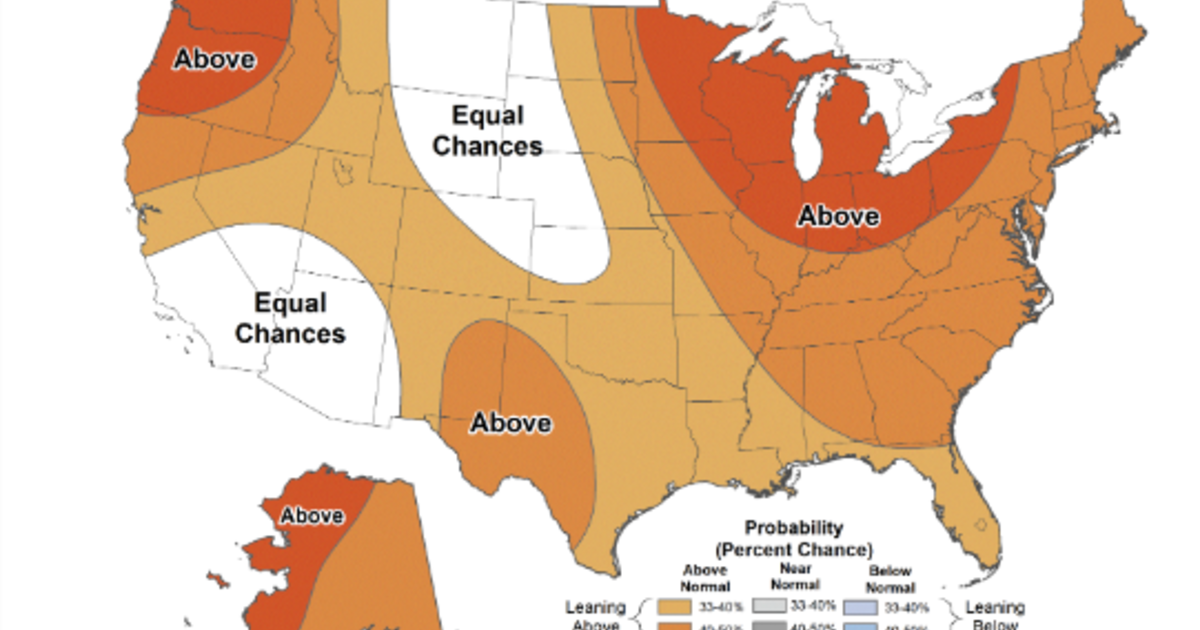UM: Routine Mammograms Still Recommended
A year after a government panel revised its recommendations for breast cancer screening, many professional organizations have not followed suit.
Where does this leave the average woman?
"Experts agree mammography saves lives, and all major organizations still recommend regular mammograms," said Dr. Mark Helvie, director of breast imaging at the University of Michigan Comprehensive Cancer Center. "The disagreement is in what age to start, what age to stop and how frequently you should have it done."
Groups including the American Cancer Society, the National Comprehensive Cancer Network, the American Medical Association, the American College of Surgeons and the American College of Obstetricians and Gynecologists recommend yearly mammograms beginning at age 40.
The U.S. Preventive Services Task Force, however, changed its screening recommendations in fall 2009 to say women age 50-74 should be screened every two years, and average-risk women age 40-49 should discuss screening with their provider.
The change in guidelines was based on a report that analyzed several randomized clinical trials and models of mammography screening. UM experts point out that the recommendations are not consistent with the survival data, which show the lowest risk of dying from breast cancer came from screening annually beginning at age 40, although there is some risk to mammograms.
Those risks -- anxiety, discomfort, radiation risk, the need for women to return for more imaging, the risk of biopsy when no cancer turns out to be present -- were behind the changes in the guidelines.
But studies show that mammography callbacks resulting in unnecessary biopsies are uncommon. Women screened annually will be called back for additional testing once every 12-16 years. And the average woman would need to be screened for a median of 149 years before she would undergo an unnecessary biopsy.
"Some potential harms exist, but they should be viewed in context and compared to the harm of not screening," said Dr. Mark Pearlman, vice chair and professor of obstetrics and gynecology at UM Medical School. "Most women who have routine screening mammography will not need a biopsy."
In addition, centers such as UM will interpret screening results while a woman waits, if requested. This means women leave knowing the results of their mammogram, and if additional views are needed, they can be obtained right away.
UM experts also warn that a change in guidelines could have the unintended consequence of magnifying disparities in breast cancer survival for African-American women, who are more likely to be diagnosed with the disease at a younger age.
"It would clearly be dangerous for adult women to completely discontinue or avoid mammograms because of the confusion created by the screening controversy," said Dr. Lisa Newman, director of the Breast Care Center at the UM Comprehensive Cancer Center.
She said the UM breast center follows the recommendations of the National Comprehensive Cancer Network for annual mammograms beginning at age 40, and encourages women to discuss their individual risk of breast cancer with their physician in order to make a well-informed decision regarding the appropriate age to begin breast cancer screening."
Newman adds that any lump or change in breast examination should be evaluated immediately, regardless of mammogram history.
Some 209,000 Americans will be diagnosed with breast cancer this year and more than 40,000 will die from the disease, according to the American Cancer Society
More at www.mcancer.org.
(c) 2010, WWJ Newsradio 950. All rights reserved.



